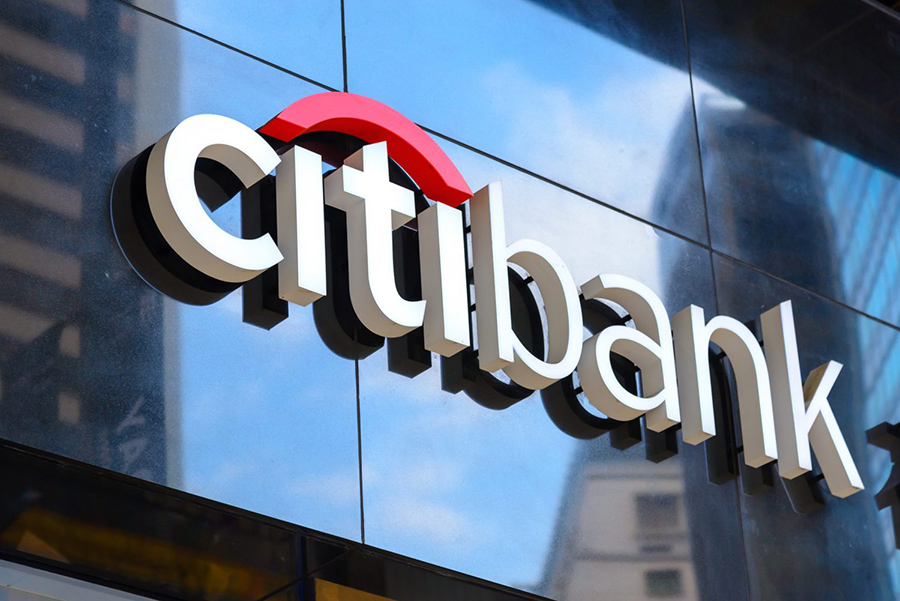The total addressable market (TAM) for the metaverse economy could be between $8 trillion and $13 trillion by 2030, with up to five billion users, but getting to that market level is going to require sizable infrastructure investment, Citi said in a report on Thursday.
- The metaverse is an immersive digital world created by the combination of virtual reality, augmented reality and the internet.
- The content streaming environment of the metaverse will likely need a “computational efficiency improvement over 1,000 times today’s levels," the bank said, and investment will be required in areas such as storage, network infrastructure, consumer hardware and game development platforms.
- The metaverse concept isn’t new, the bank’s analysts noted. However, interest in the metaverse really began to snowball at the end of 2021 because of the rise in sales of non-fungible-tokens (NFTs) and big technology companies announcing their interest in the sector.
- NFTs are digital assets on a blockchain that represent ownership of virtual or physical items, and can be sold or traded.
- Currently the most popular way to experience the metaverse is by playing a video game on a virtual reality (VR) headset, Citi said, but it is possible that the “metaverse is moving towards becoming the next generation of the internet or Web 3.”
- “This ‘open metaverse’ would be community-owned, community-governed and a freely interoperable version that ensures privacy by design,” the report said. Its use cases include commerce, art, media, advertising, healthcare and social collaboration, it added.
- What counts as money in this open metaverse is expected to differ from the real world, with different forms of crypto currency expected to dominate, alongside fiat currencies, central bank digital currencies (CBDCs) and stablecoins, the report said.
- If the metaverse is the new iteration of the internet, it is likely to attract greater scrutiny from regulators, policymakers and governments, and issues such as anti-money laundering rules, the use of decentralized finance (DeFi), crypto assets and property rights will all have to be addressed, the note added.




